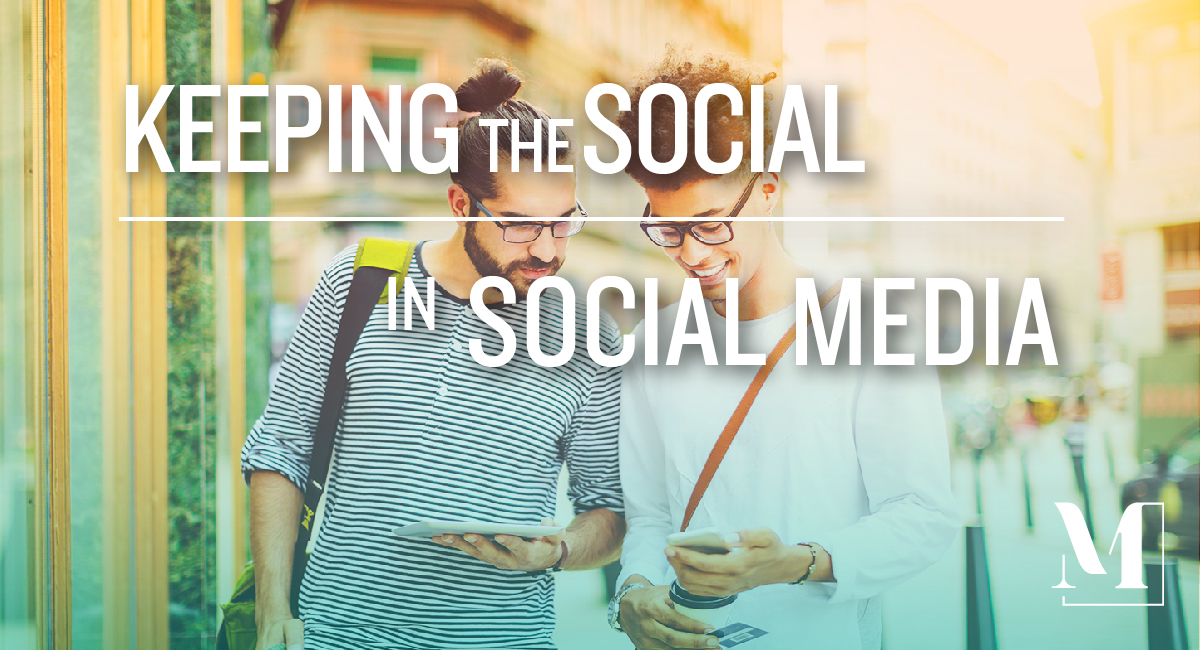Social media has created many opportunities for both small businesses and major brands to connect with their target audiences in new and exciting ways. Whether focusing on user-generated content or interactive social strategies, each social media platform offers brands numerous opportunities to have their messages resonate in the digital realm.
In the same way that companies utilize social media to reach their audiences, consumers can also make their voices heard when it comes to their brand experience. If customers have a wonderful experience using a certain product or visiting a business, they often share those opinions by posting on their social channels or leaving a review on the company’s digital channels.
The same can be said for customer questions or complaints, however. In these instances, social media-savvy businesses will understand that some extra monitoring will be required to ensure customer needs are addressed.
It’s equally as important to keep in mind the speed at which you respond when a customer reaches out via social media. An unanswered message or a reply sent days or weeks later can leave a poor impression. If that’s not incentive enough to respond quickly, Facebook now publicly displays the average time it takes a business to respond to private messages.
If a company page is actively responding to messages – defined as 90 percent response rate sent within 15 minutes — Facebook will assign a “Very responsive to messages” badge to display on the business page.
Elon Musk, the well-known serial entrepreneur and CEO of electric car manufacturer Tesla, provides a textbook example of effective social customer service:
In December 2016, a Tesla customer located in San Mateo, California tweeted at Elon Musk with a complaint that other local Tesla drivers were using the Supercharger stations – free charging stations for Tesla model cars – more as parking spots than as a source to quickly charge their batteries.
You’re right, this is becoming an issue. Supercharger spots are meant for charging, not parking. Will take action.
— Elon Musk (@elonmusk) December 11, 2016
A single tweet exposed an issue other drivers had experienced around the country and, less than a week later, Tesla released a new policy for all Supercharging stations that imposed a fee for every minute a car was left at the station after it had been fully charged.
Musk actively engaging with his Twitter account and acknowledging a customer complaint – quickly addressing it by creating a new company policy – shows the importance of social customer service to his brand.
Although Musk fielded the complaint through his personal Twitter account, his approach shows that staying connected to your customers and turning their problems into solutions should be a priority. No matter your industry, this responsiveness will leave a positive impression on a customer. Social media is one of the fastest-growing ways to reach your customers, and if used correctly, social customer service can create value for a business by serving as a tool to detect previously unseen issues and improve overall brand experience.


